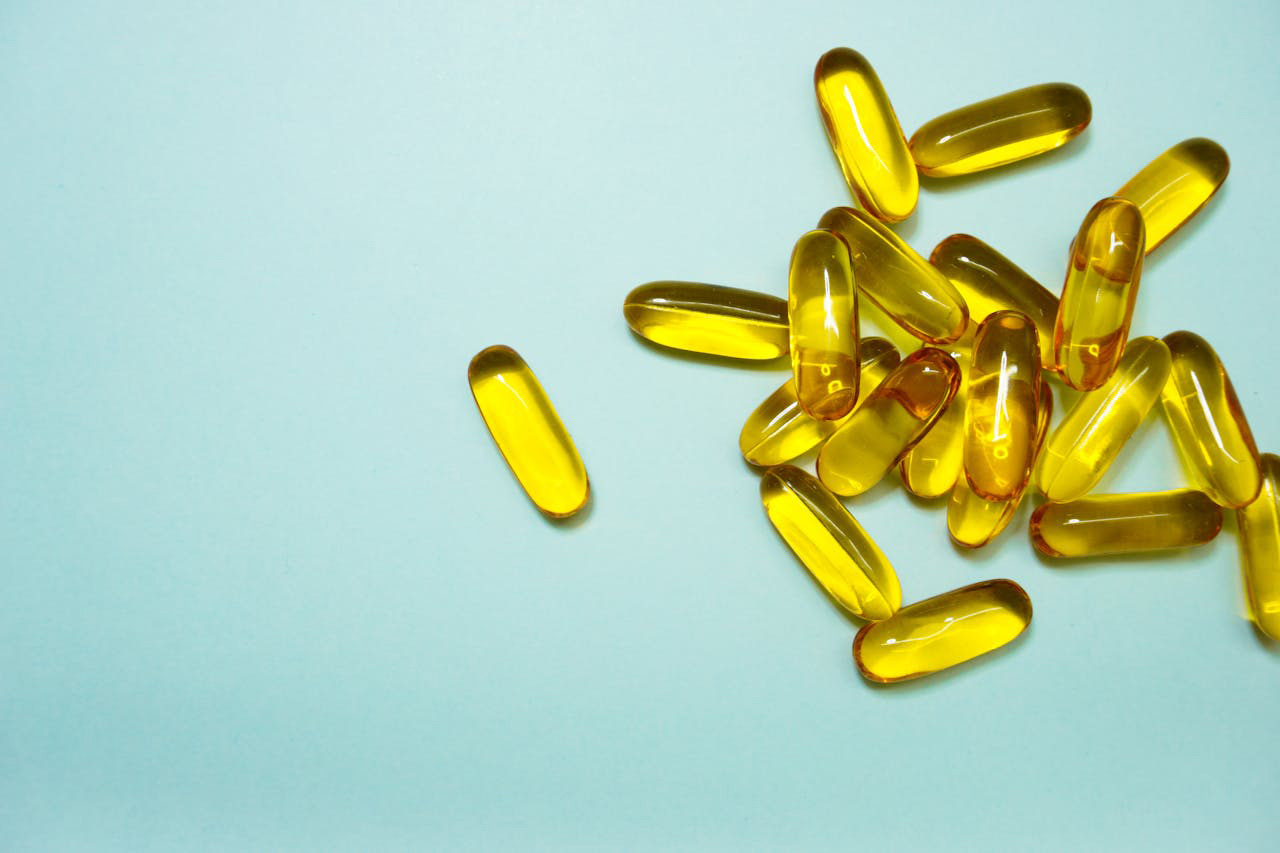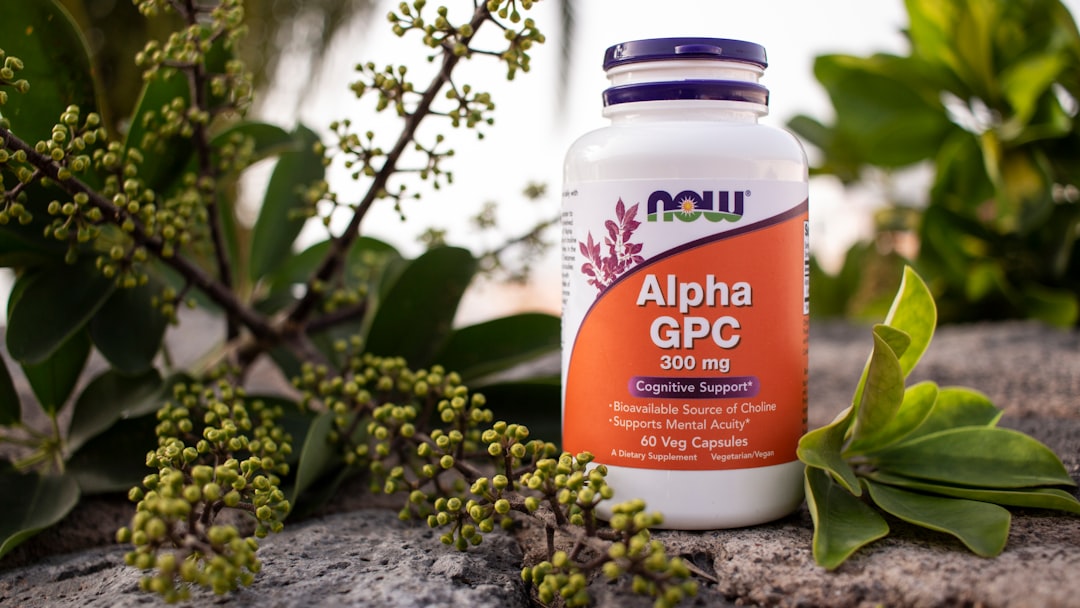In a world where mental agility is a prized asset, the ancient wisdom of using mushrooms for cognitive enhancement is making a powerful comeback. Welcome to the ultimate guide on nootropic mushrooms, where we’ll explore their benefits, uses, and how they can transform your everyday life. So keep on reading to learn more!
The Science Behind Nootropic Mushrooms
Understanding why nootropic mushrooms are beneficial starts with their biochemical makeup. These mushrooms contain unique compounds that interact with the brain in fascinating ways.
Key Compounds in Nootropic Mushrooms
One of the primary compounds found in these mushrooms is beta-glucans, a type of polysaccharide known for its immune-boosting properties. Beta-glucans facilitate neurogenesis, which is the growth and development of nervous tissue.
Another vital compound is hericenones and erinacines, especially found in Lion’s Mane mushrooms. These stimulate the production of Nerve Growth Factor (NGF), essential for the survival and maintenance of neurons in the brain.
How These Compounds Enhance Cognitive Function
Beta-glucans and hericenones are more than just scientific jargon; they play a crucial role in brain health. By promoting neurogenesis and supporting neuronal health, these compounds enhance memory, learning, and overall cognitive function.
Furthermore, nootropic mushrooms are rich in antioxidants. Antioxidants combat oxidative stress in the brain, which is linked to cognitive decline. By reducing inflammation and protecting neural pathways, these mushrooms help maintain mental clarity and focus.
Scientific Studies and Evidence
Research on nootropic mushrooms is burgeoning, with numerous studies highlighting their potential. For instance, a study published in the “Journal of Medicinal Food” found that a Lion’s Mane could improve cognitive function in older adults.
Such studies provide scientific backing to the age-old claims about the cognitive benefits of these mushrooms, bridging the gap between traditional wisdom and modern science.
Popular Nootropic Mushrooms
Not all mushrooms are created equal when it comes to cognitive enhancement. Here are some of the most popular and potent nootropic mushrooms.
Lion’s Mane Mushroom
Lion’s Mane is perhaps the most celebrated nootropic mushroom. Recognizable by its shaggy appearance, this mushroom is known to boost memory and focus.
Reishi Mushroom
Reishi is often dubbed the “mushroom of immortality.” While it is primarily known for its immune-boosting properties, it also supports stress reduction and promotes a calm, focused mind.
Cordyceps Mushroom
Cordyceps is famed for enhancing energy levels and endurance. This mushroom also plays a role in increasing oxygen uptake, which can improve brain function and cognitive performance.
Chaga Mushroom
Chaga is a powerhouse of antioxidants. This mushroom helps reduce oxidative stress on the brain, protecting it from age-related cognitive decline and supporting long-term brain health.
Turkey Tail Mushroom
Known for its beautiful, fan-like appearance, Turkey Tail is another mushroom rich in immune-boosting polysaccharides. It also supports gut health, which is intricately linked to brain health.
How to Incorporate Nootropic Mushrooms Into Your Daily Routine
Now that you know the benefits of nootropic mushrooms, you might be wondering how to include them in your daily life. The good news is that it’s easier than you think.
Cooking with Nootropic Mushrooms
Incorporate these mushrooms into your meals. Lion’s Mane and Reishi can be sautéed and added to dishes like stir-fries, soups, and stews. Their unique flavors can enhance your culinary creations while boosting your brainpower.
Supplements and Capsules
For those who prefer convenience, nootropic mushroom supplements and capsules are widely available. These provide a concentrated dose of the beneficial compounds and are perfect for busy lifestyles.
Mushroom Teas and Coffees
Mushroom teas and coffees are becoming increasingly popular. Brands like Four Sigmatic offer blends that combine the rich flavors of coffee or tea with the cognitive benefits of mushrooms. Simply brew a cup in the morning to kickstart your day with enhanced focus and clarity.
Nootropic Mushrooms and Mental Health
Beyond cognitive enhancement, nootropic mushrooms have a profound impact on mental health. Here’s how they contribute to emotional well-being.
Stress Reduction
Reishi mushroom is particularly effective in reducing stress. Its adaptogenic properties help regulate cortisol levels, promoting a sense of calm and relaxation. Regular consumption can help manage stress and improve overall well-being.
ADHD Relief
One of the primary symptoms of ADHD is difficulty concentrating. Moreover, nootropics can help improve focus and attention. Lion’s Mane, in particular, has shown promising results in improving symptoms of ADHD.
Overall Mental Well-being
Cordyceps and Chaga also play a role in mental health by enhancing energy levels and reducing oxidative stress. This contributes to a more positive outlook and improved mental resilience.
Nootropic mushrooms offer a natural and effective way to enhance cognitive function and support mental health. From Lion’s Mane to Reishi, these mushrooms provide a range of benefits that can improve your quality of life.
By incorporating them into your daily routine, you can experience enhanced focus, reduced stress, and overall better brain health. The future of nootropic mushrooms is bright, with ongoing research paving the way for even more exciting developments.
Ready to boost your brainpower naturally? Start exploring the world of nootropic mushrooms today and discover the benefits for yourself.


